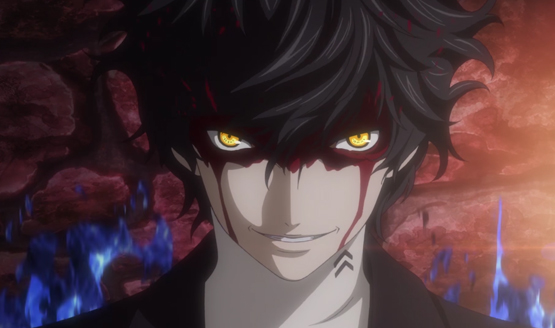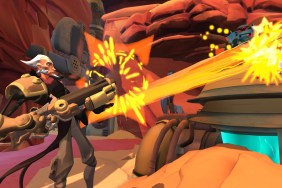Things go bad rather quickly in Persona 5, as an exciting tutorial ends with the player getting caught during an attempted casino heist. This action packed start is a huge upgrade from 2008’s Persona 4, which had the player pressing the cross button for about 20 minutes before they could even take control of the character. It’s a sign of the many lessons that Atlus has learned in the past nine years, and the narrative soon unfolds under the framing of a police interrogation.
This opening also serves to set the dark tone of the game. While past games in the series haven’t exactly been the cheeriest affairs, Persona 5 regularly deals with tricky topics such as sexual abuse and racism within Japan. Almost every character in the game is shown fighting personal demons that have them branded an outcast by society.
Even the game’s nameless protagonist (Bo Jangles, in my case) has baggage, as he had recently been expelled from school after falsely being accused and convicted of assault. This leads to Bo being forced to move in with a family friend that promptly has the 16-year-old live in the attic of the café he operates, this cold relationship is in staunch contrast to living with the likable Dojima and Nanako in Persona 4. Since Bo has the label of criminal cast upon him, it makes his new start a messy run, as rumors run amok about him at his new school, and the only friend he can initially make is a troublemaker named Ryuji.
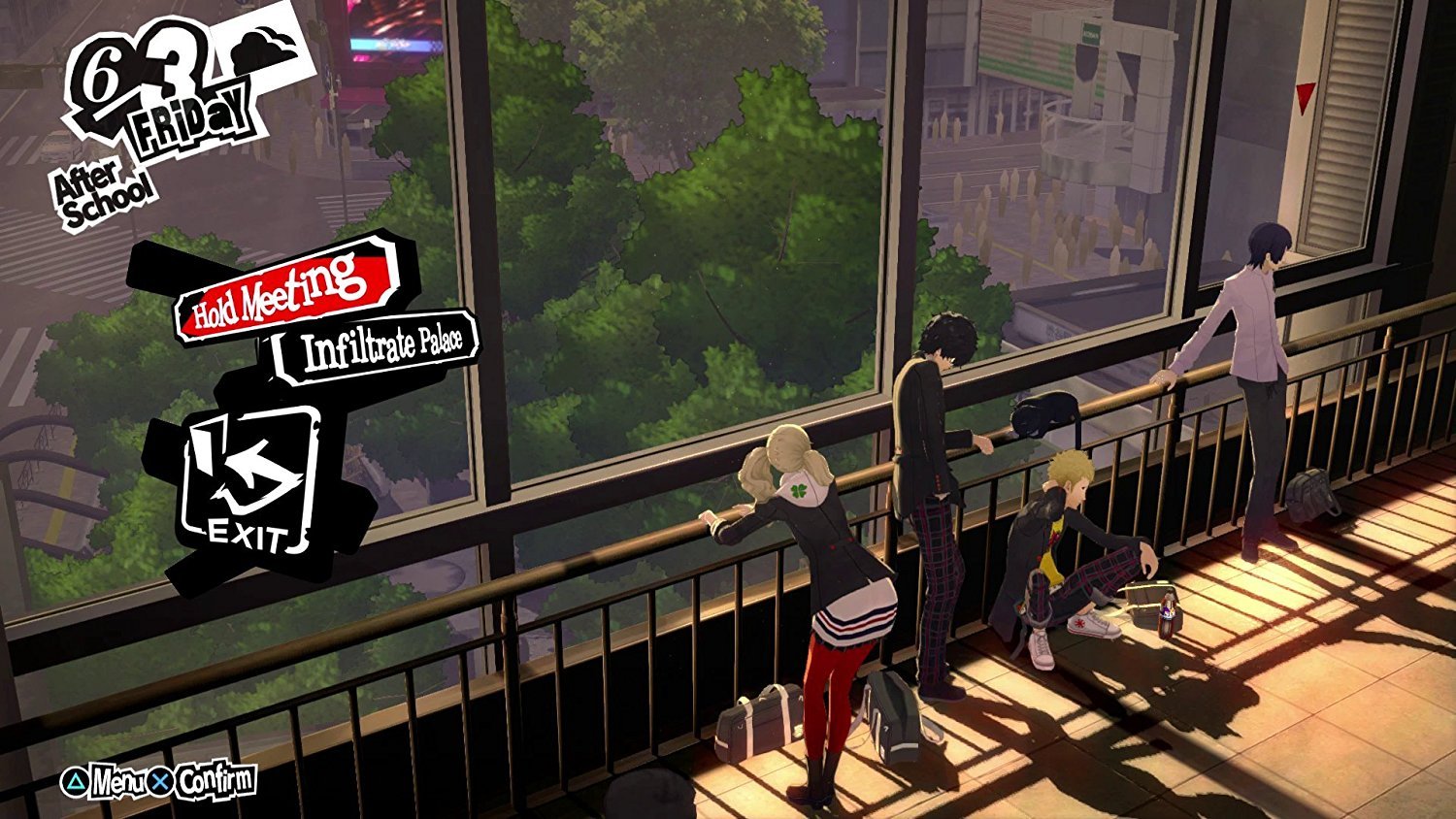
Catch Me If You Can
As mentioned previously, the stars of Persona 5 are thieves. What separates the high school students from common criminals is that they aren’t stealing jewelry or money, but rather the hearts of mean-spirited individuals. This is where the series’ signature dungeons come into play, as the Phantom Thieves are gifted with the ability to enter an alternate realm called the Metaverse, where they can destroy the distortion in a person’s cognition, and essentially make the scum of the Earth have a change of heart.
This thief motif bleeds into the actual gameplay as well, as dungeons are no longer just a connected assortment of floors, but rather guarded buildings called Palaces that’ll force players to solve puzzles and use inventive use of the geometry in order to get around blocked passageways. This is easily the area where the Persona formula has been improved the most, as sneaking around the dungeons is a true highlight.
A layer of stealth is also introduced, as players will have to hide in cover in order to sneak up on enemies. This’ll give them an important edge in the game’s turn-based battles, which will feel very familiar to fans of the series. Battles still consist of taking advantage of elemental-based weaknesses in order to earn additional turns, and using a balanced team of four to defeat various demons. A few new elements have been added, such as being able to use a limited-use gun, and characters will sometimes get taken hostage (where players will be forced to negotiate by paying demons to let them go safely), but it’s mostly more of the same Shin Megami Tensei battle system that players have grown to love.
The Usual Suspects
When I wasn’t stealing hearts in the Metaverse, I was attempting to do the same in the real world. My favorite part of the Persona series has always been the life simulation aspect, where players get to role-play as a Japanese high school student. There’s a ton to do here, as I ended up getting a bit too much into the batting cages, visited a maid café in the red light district, and got to explore Japan at my own pace.
The sense of exploration is one of the major differences compared to past titles, specifically Persona 4 since it took place in a small town, as players can travel to multiple areas via train, and it seemed like I was always finding something new to do in my 60+ hours with the game. From competing in burger eating contests to taking a friend shopping in Akihabara, I was consistently discovering new things to do. There are some downsides to how large the area is, as it was easy to forget where certain characters hang out (even after finishing the game, I still have trouble figuring out where my teammate Yusuke was), and the fast travel system doesn’t communicate where players are all that well.
Oh, and you can eventually start dating some of the great female characters in the game. This is something I was a bit too good at, as I ended the game while being in four separate relationships (this made Valentine’s Day a hilarious experience). I even accidentally started dating a teacher from school, since I was sure I could flirt with the adult without any consequence, but that wasn’t the case as the game totally allowed the adult to take advantage of the young Bo Jangles. Nothing more explicit than a “special massage” goes down on-screen, but it didn’t really jive with the game’s other themes as the first story mission revolves around stopping a teacher who is preying on students.
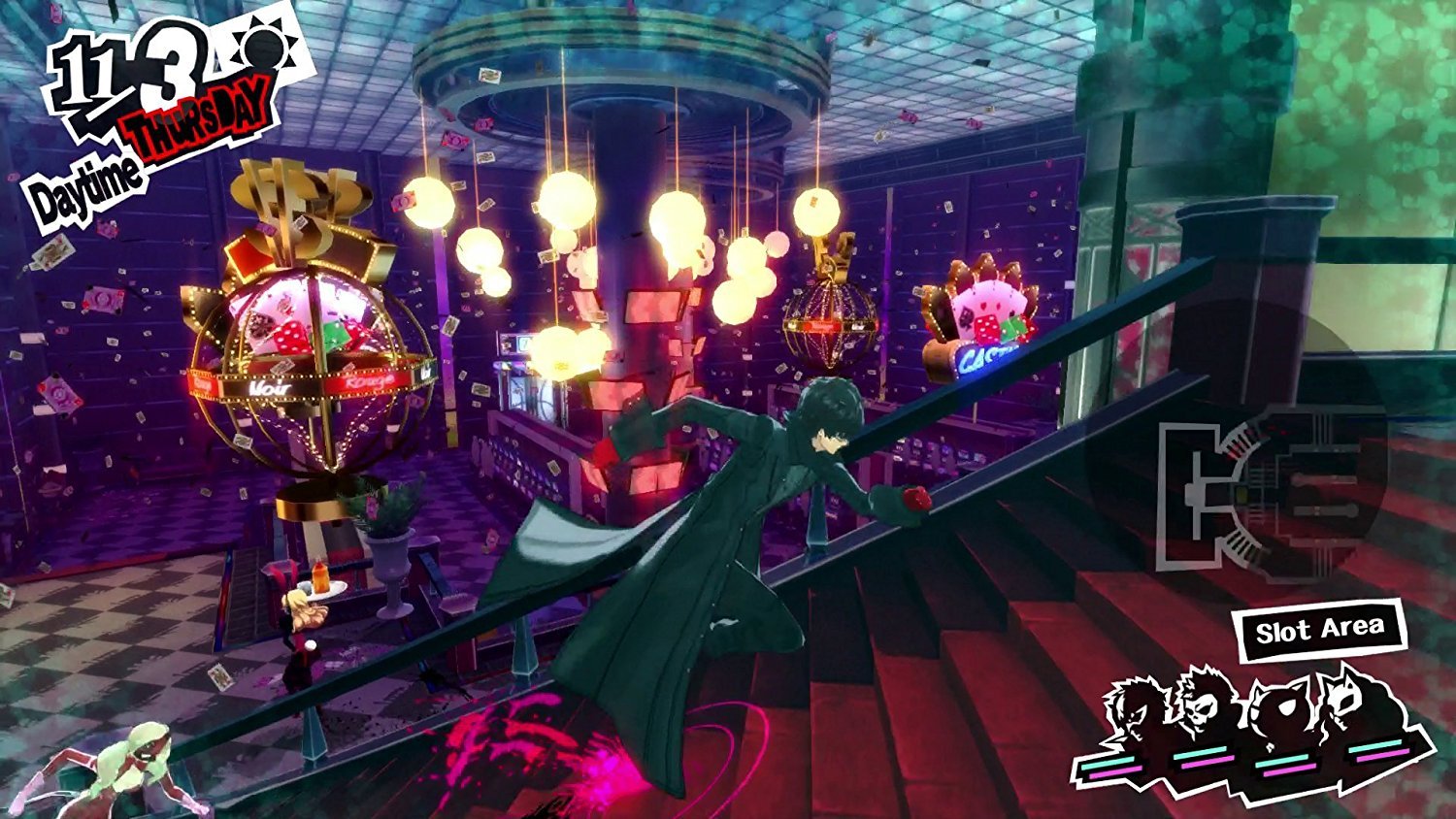
Dog Day Afternoon
One of the most captivating aspects of Persona 5 is the staggering amount of style it displays. Everything from the menu presentation to the scene transitions are covered with personality. It may not be a technical showcase like Horizon Zero Dawn, but there’s zero doubt in my mind that this’ll age considerably better than its contemporaries. Throw in an incredible jazz soundtrack (that really adds to the heist scenes), and Atlus has easily created one of the most stylish games ever made.
Predictably, another strong suit comes in the form of the story. A lot of the tension comes from the opening scene that shows the protagonist getting sold out by a member of their group, and thus every character introduction is met with some suspicion. Despite this, I couldn’t help but be charmed by the majority of the characters. Strong writing has been a staple of the series, and it really shines here. Voice acting is also a highlight, as some strong performances really help bring the characters to life. Sadly, a ton of scenes in the games (including some very pivotal ones) aren’t voiced, which leads to the one disappointing aspect of the localization. This may have been acceptable when Persona 4 released in 2008, but standards have changed in the past nine years, and it’s seriously disappointing to have so much unvoiced dialogue.
Characters are really what makes the Persona series special, and the cast here lives up to the heavy shoes of its predecessors. From the mysterious cat Morgana (who can somehow turn into a bus) to the student council president Makoto (the undisputed best girl), I found myself enjoying every point of character development. The only baffling thing is that in a game filled with amazing characters, the protagonist is relatively lifeless. The vast majority of his dialogue isn’t voiced (despite the character having a voice actor in cutscenes), and his personality rarely is shown. I’m not against blank slate protagonists, but considering the limited amount of influence the player has in choices (you can’t date men or influence the story greatly), it’s disappointing to see the protagonist being so bland.
Another disappointment comes near the finale, as things start to become a slog just as the story is starting to peak. This is due to the game inexplicably forcing players to go through a 60+ floor dungeon that has been randomly generated. This goes against the fantastically designed Palaces that make up the bulk of the game, and it only serves to artificially lengthen a game that otherwise very much values the player’s time. Thankfully things pick up afterwards, and lead to a really memorable ending sequence, but the one down period in the game could’ve been easily cut without anything being lost.
All About the Benjamins
Persona 5 is proof that few titles can compare to a truly great role-playing game. Over its 60 hour playtime I got to forge meaningful friendships with an eccentric cast of characters, discover the secrets of Tokyo, and even managed to find some nice restaurants to dine at. The time investment might seem like a lot, but rarely is time wasted when spent with friends. It doesn’t reinvent the genre, as it largely builds upon Persona 4‘s stellar base, but it adds a level of polish that is simply lacking from its contemporaries.
Review code for Persona 5 provided by publisher. Reviewed on PS4 Pro. For more information on scoring, please read our Review Policy here.
-
Great story
-
Stealth freshens up dungeon gameplay
-
So much style
-
Not enough voice-over
-
Weak section before the ending
-
Boring protagonist
Persona 5 info dump
-
Persona 5 - EYNTK
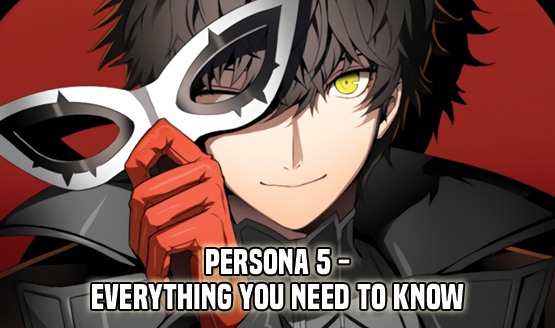
At times the wait has been excruciating, particularly after Persona 5 made its debut in Japan late last year. But with the reviews beginning to surface online, we now stand on the verge of Persona's 5 western launch -- and we couldn't be more excited.
-
What is Persona 5?
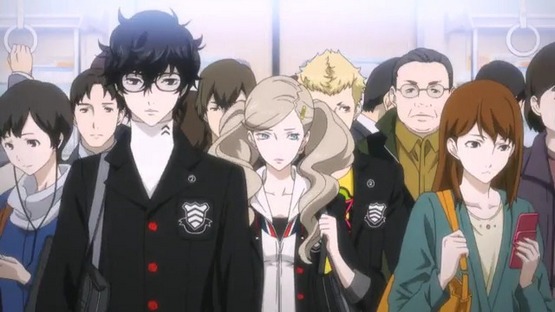
It's the latest (and potentially greatest?) entry into Atlus' beloved JRPG series and part of the overarching Megami Tensei franchise. Development began soon after Atlus wrapped production on Catherine back in 2011, and Persona 5 was delayed multiple times to lend the dev team enough time for polish and QA, not to mention the localization process.
Set in Tokyo, Persona 5 orbits around the Phantom Thieves of Hearts, a pocket of masked vigilantes who venture forth into a supernatural realm known as the Palace to battle evil, which brings us to...
-
What's the Story?
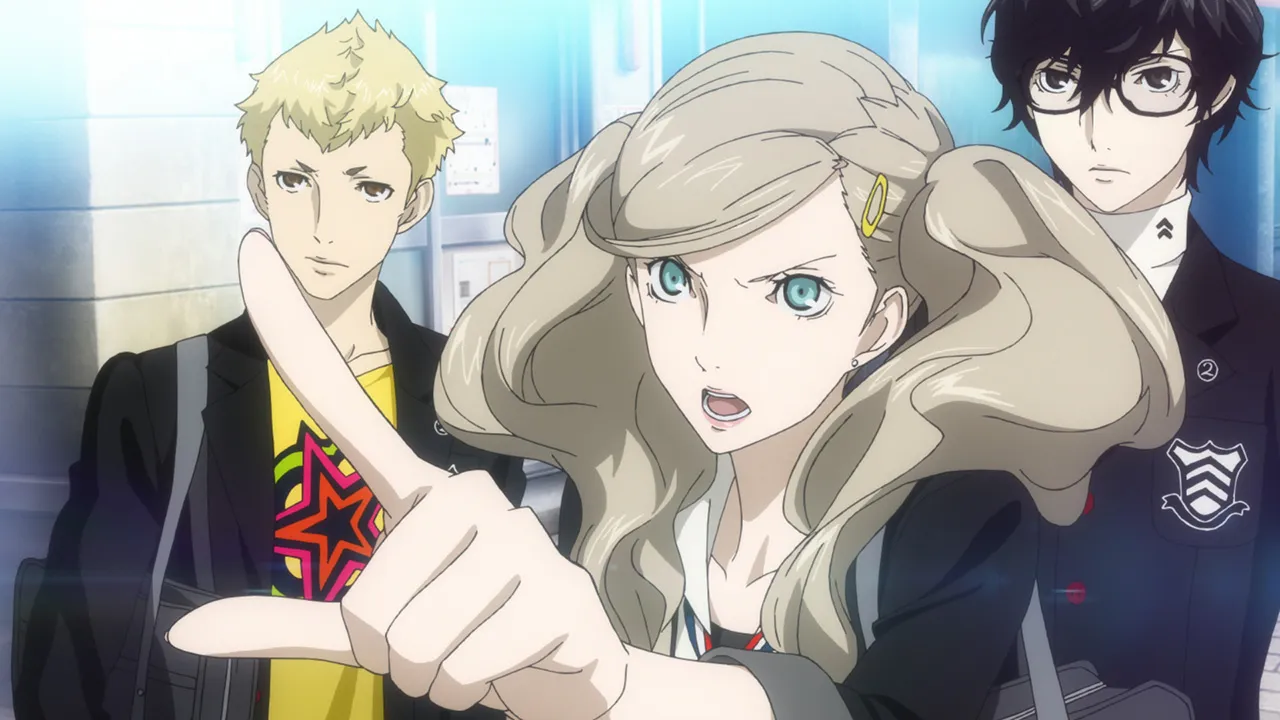
The story of Persona 5 draws inspiration from picaresque fiction in the sense that Atlus' JRPG sequel centers on a ragtag crew comprised of roguish outlaws.
Behind the scenes, Game Director Katsura Hashino, Character Designer Shigenori Soejima, and Composer Shoji Meguro -- three stalwarts of the series -- helped bring Persona 5 to life, and the end result is a stunningly beautiful JRPG with heart. Just be wary of those Phantom Thieves...
“The protagonist is the newest transfer student of Shujin Academy in Tokyo. He had a bad experience with corrupt authority figures in his hometown, but he’s been given a second chance to start anew. Although he lives the life of a typical Japanese high-schooler during the day (such as going to class, hanging out with friends, putting in work at the batting cage, and more), by night he’s something much more than 'typical'. Don’t let his clean cut school boy uniform and stoic demeanor fool you, because this kid is the leader of the Phantom Thieves of Hearts. Codenamed 'Joker', the protagonist is a wildcard who’ll do whatever it takes to steal the hearts of adults he perceives as corrupt.”
-
How Does it Play?

Persona 5 is, in essence, a turn-based RPG, and if you're in any way familiar with the genre, you should take to the combat like a duck to water.
What arguably lends the series a certain je ne sais quoi, though, is the Personas themselves. They're powerful, physical manifestations of each character's psyche -- manifestations you'll be able to call upon in the heat of battle.
Here's the lowdown, per Atlus:
“Persona 5 is a game about the internal and external conflicts of a group of troubled youth who live dual lives. They have the typically ordinary day-to-day of a Tokyo high-schooler – attending class, after school activities and part-time jobs. But they also undertake fantastical adventures by using otherworldly powers to enter the hearts of people. Their power comes from the Persona, the Jungian concept of the “self;” the game’s heroes realize that society forces people to wear masks to protect their inner vulnerabilities, and by literally ripping off their protective mask and confronting their inner selves do the heroes awaken their inner power, and use it to strive to help those in need. Ultimately, the group of Phantom Thieves seeks to change their day-to-day world to match their perception and see through the masks modern-day society wears.”
-
A Long Time Coming
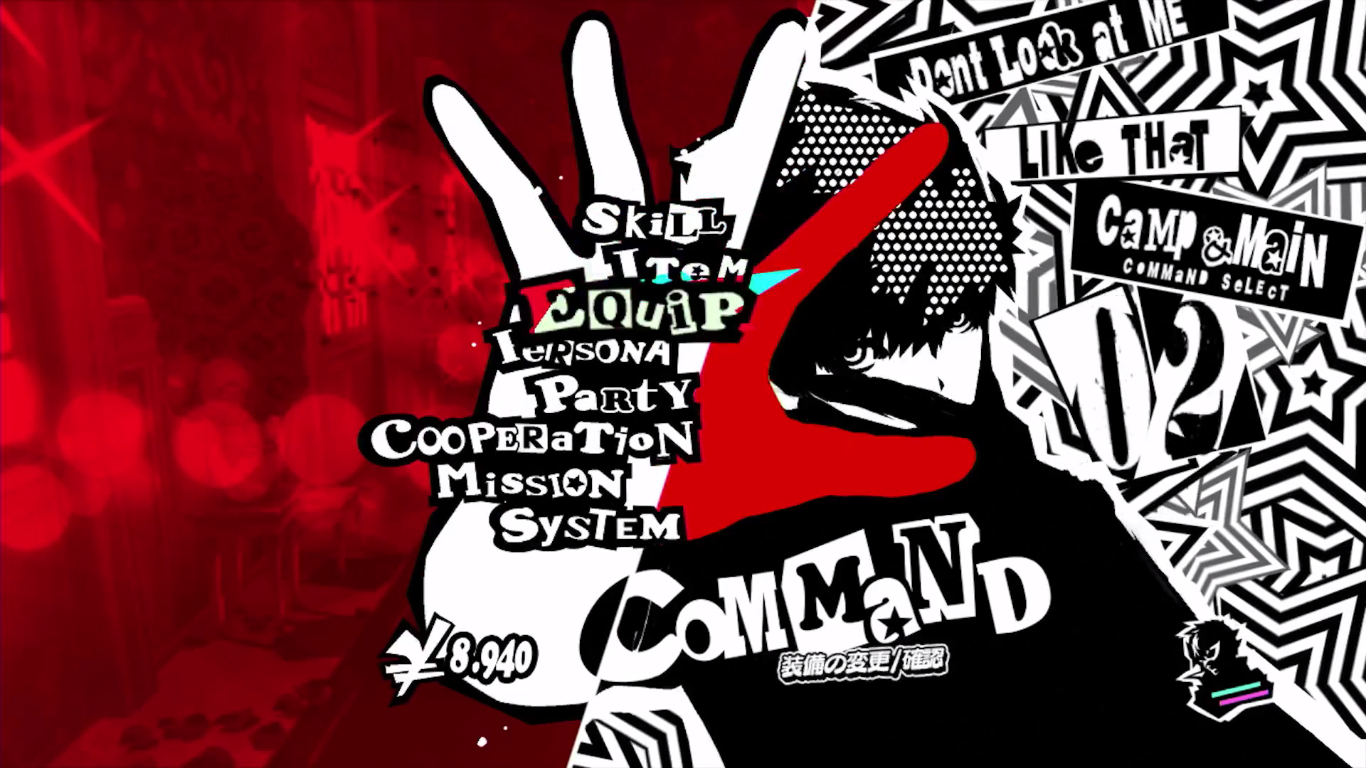
Persona 4 Golden may have helped cushion the blow, but nine years is an awful long time to wait for a new installment in the Persona series. Quality takes time, though, and based on the first wave of glowing reviews, the prolonged wait has very much been worth it.
-
A Commendable Debut in Japan

Available for both PS4 and PS3 in Japan, Persona 5 sold close to 400,000 copies at launch, ensuring that Atlus' long-anticipated title got off to a strong start in its native homeland.
That momentum continued long after release, too, which certainly bodes well for the game's imminent western launch.
-
Part of an Onslaught of Japanese Titles Headed West
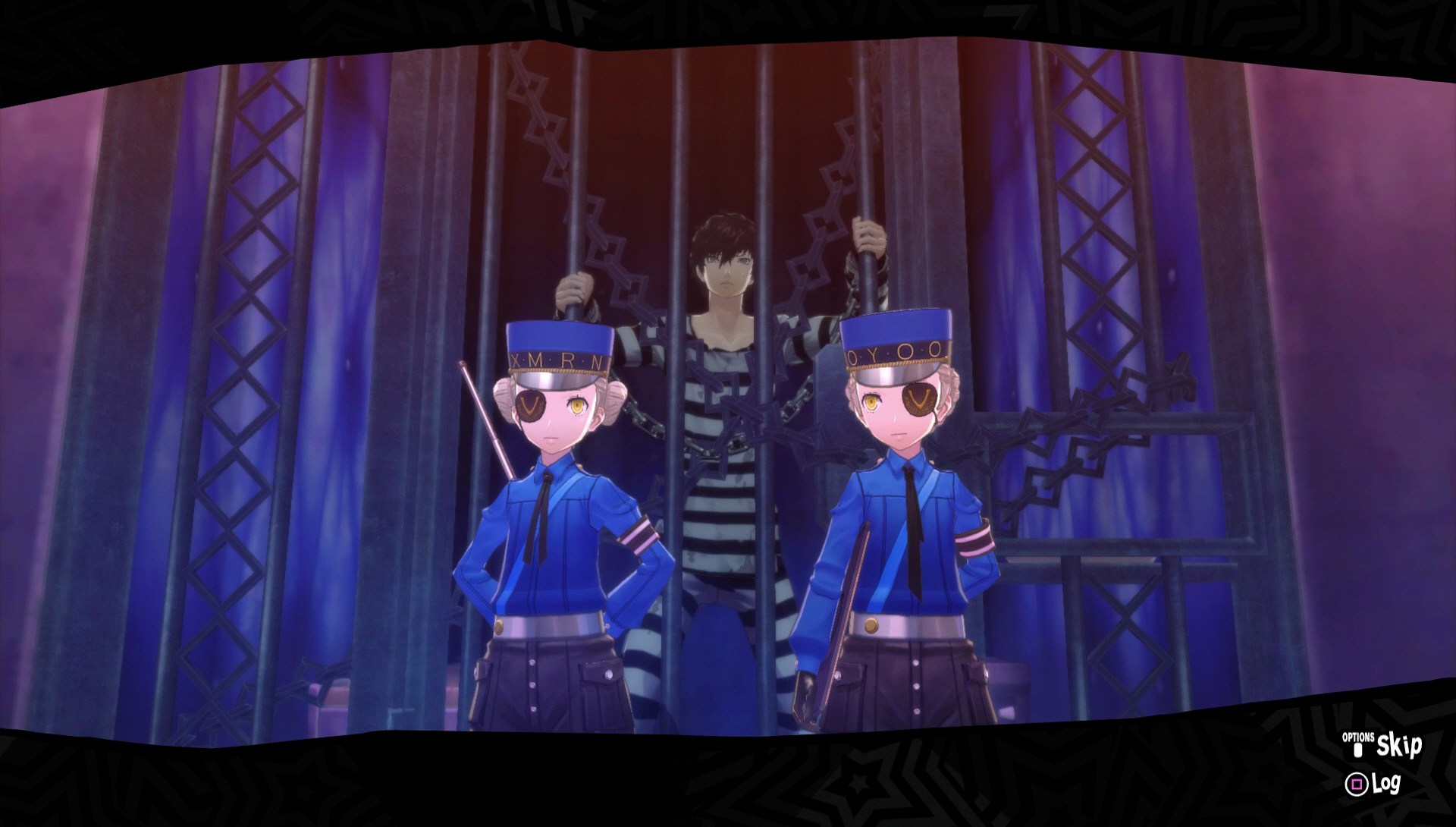
Following in the footsteps of Gravity Rush 2, Nioh and Yakuza 0, Persona 5 is the latest Japanese tentpole to make its way west, and we couldn't be more excited.
-
Europe via Deep Silver
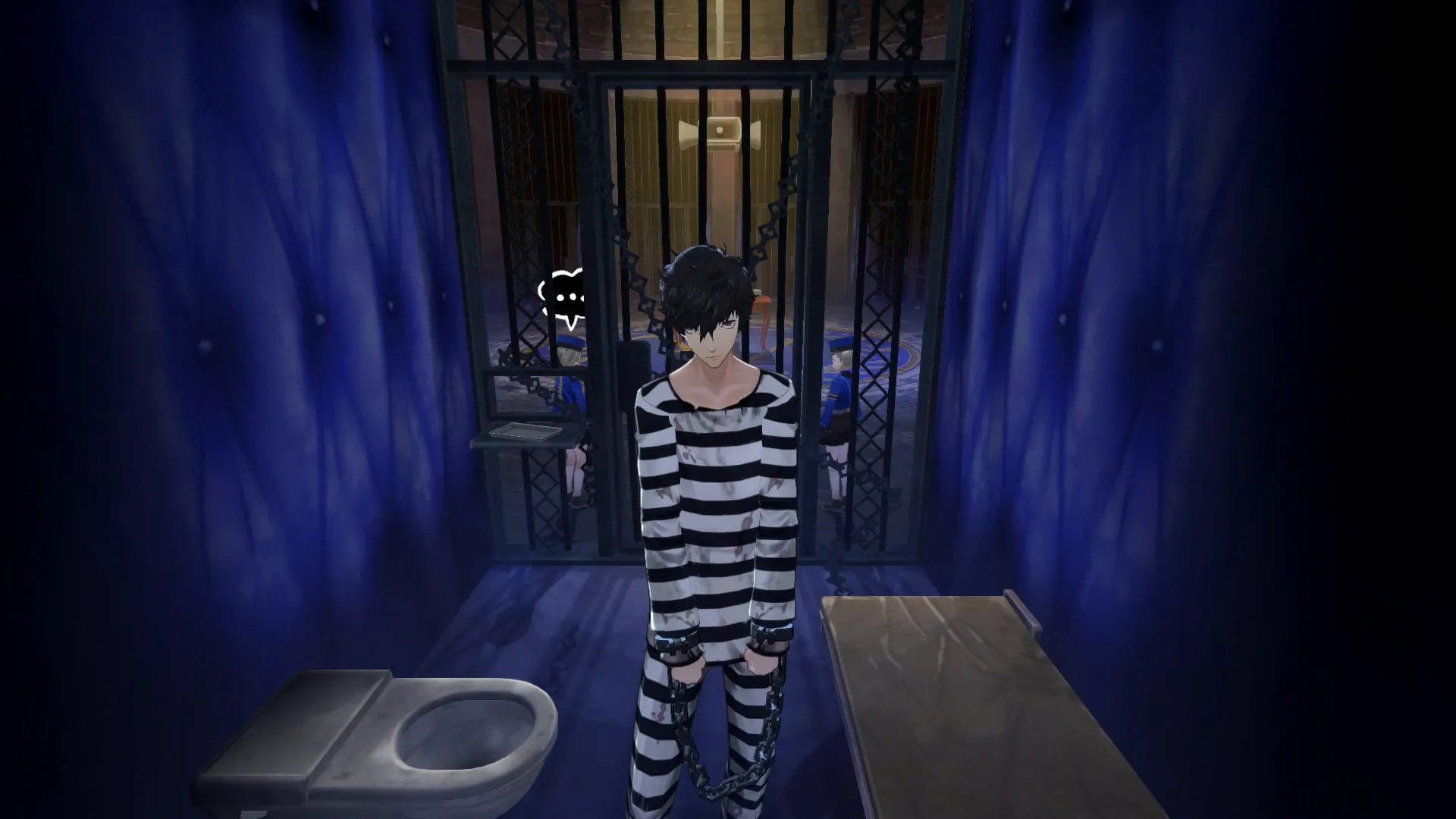
After much back and forth, Deep Silver will handle Persona 5's distribution in Europe, with CEO Klemens Kundratitz noting:
“We are delighted to have signed this publishing partnership and look forward to using all our pan-European publishing network to maximize the potential of the ATLUS and SEGA games.”
-
Meet the English Voice Cast
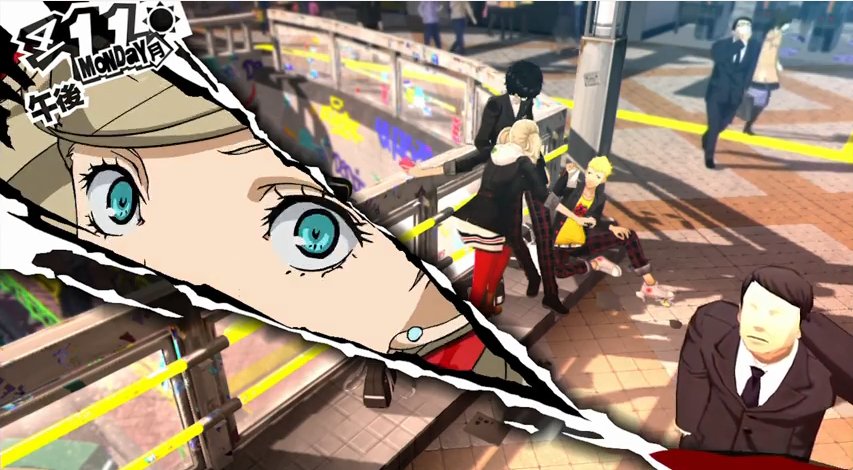
With Xander Mobus (the announcer from Super Smash Bros.) as the silent protagonist, the English voice cast is as follows:
- Xander Mobus as the protagonist
- Cassandra Morris as Morgana
- Max Mittelman as Ryuji Sakamoto
- Erika Harlacher as Ann Takamaki
- Matt Mercer as Yusuke Kitagawa
- Cherami Leigh as Makoto Niijima
- Erica Lindbeck as Futaba Sakura
- Xanthe Huynh as Haru Okumura
- Robbie Daymond as Goro Akechi
-
And Now, Their Respective Personas
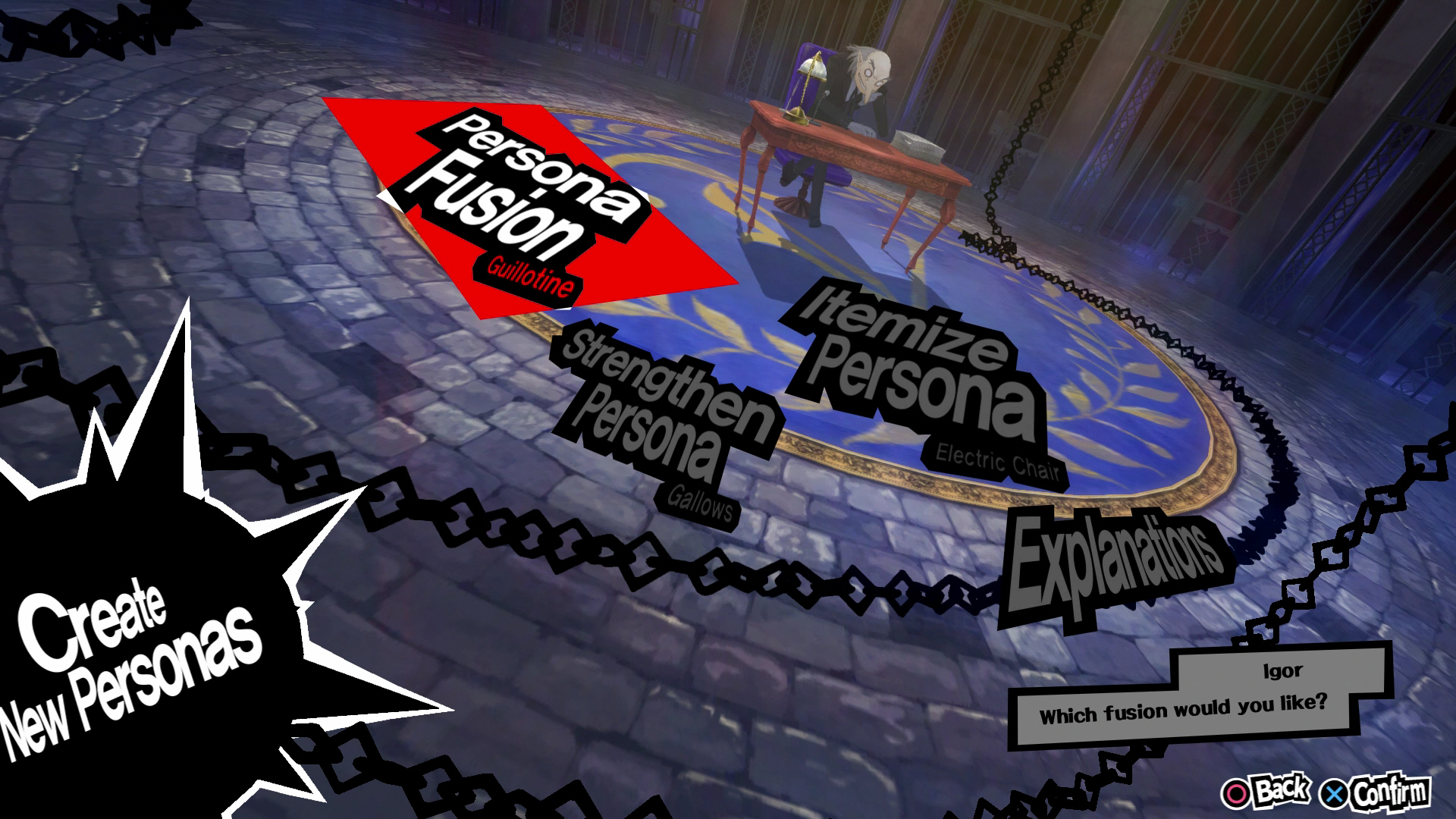
They're one of the key cornerstones of the franchise and here, you'll be able to get acquainted with the principal Personas that'll be fighting by your side in a few days' time.
- Arsene (protagonist’s persona): His face looks like a mask and he has giant black wings.
- Captain Kidd (Ryuji Sakamoto’s persona): He has a skull head and a cannon-like prosthetic arm.
- Carmen (Ann Takamaki’s persona): She wears a crimson flamenco dress, and uses a rose whip to swing around men.
- Zorro (Morgana’s persona): A swordsman who wears a mask to protect his identity and dresses like a gentleman. The letter “Z” appears on his belt.
- Goemon (Yusuke Kitagawa’s persona): Wears an oriental-style outfit and carries a long pipe. He has a refined pose, and a kabuki-style face.
-
Enter the Velvet Room
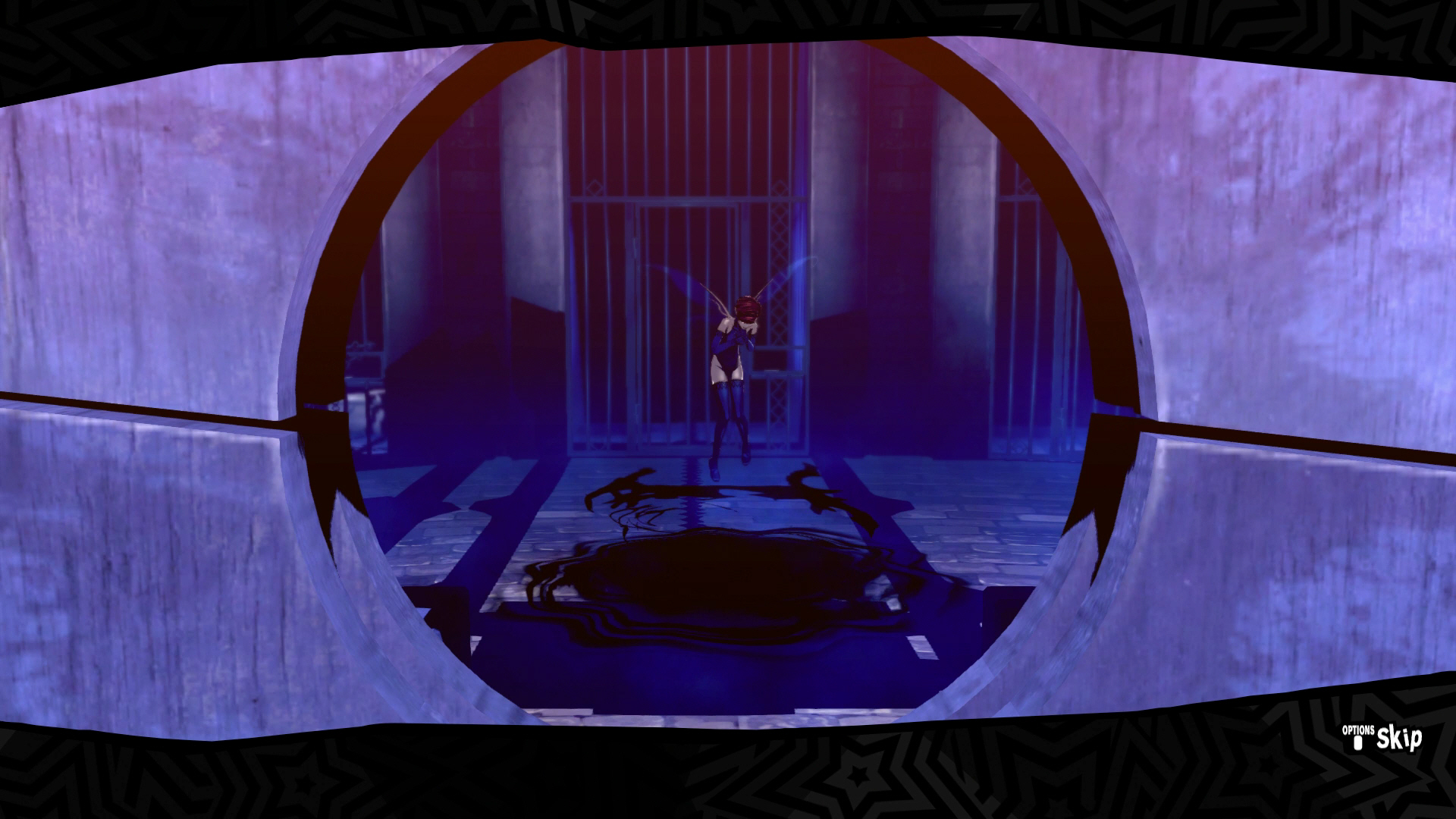
The Velvet Room, one of the more iconic tropes of the Persona universe, returns with the release of Persona 5. And you can find all the necessary info right here.
"For those of you who aren’t familiar with the Velvet Room, it’s a special area where personas can be… played around with. Basically, the room is where personas collected in the Metaverse can be upgraded, turned into items, or undergo fusion. Let’s start with the most morbid one, shall we? Fusion allows personas to be fused together to create a new, hopefully stronger, one. There are three ways to fuse personas, basic fusion lets any two be fused together, while advanced fusion is preset and require three or more. Oh, there is one little thing I should mention. Your personas will need to be executed via guillotine to undergo the aforementioned fusions, so always remember their noble sacrifice when Velvet Room wardens, Caroline and Justine, lets the blade drop (be wary of accidents though). The third method of fusion is network fusion, which allows a player with online function to fuse their persona with a random online player’s persona!
"Besides making heads roll, the Velvet Room offers other fun ways to execute, I mean, manage personas. For example, you can strengthen a persona by sacrificing (hanging) another one to it, put personas in lockdown so they can learn to take less damage from their weakness, and “transform” them via electric chair into a useful item/piece of equipment. You can also register and summon them from the compendium as well! Although the Velvet Room may look like a prison, it’s an important place to invest time and persona lives in. Oh, you can also access the area during the day/night or during Palace runs through a prison door looking portal." -
Persona 5 Blocks Sharing on PS4
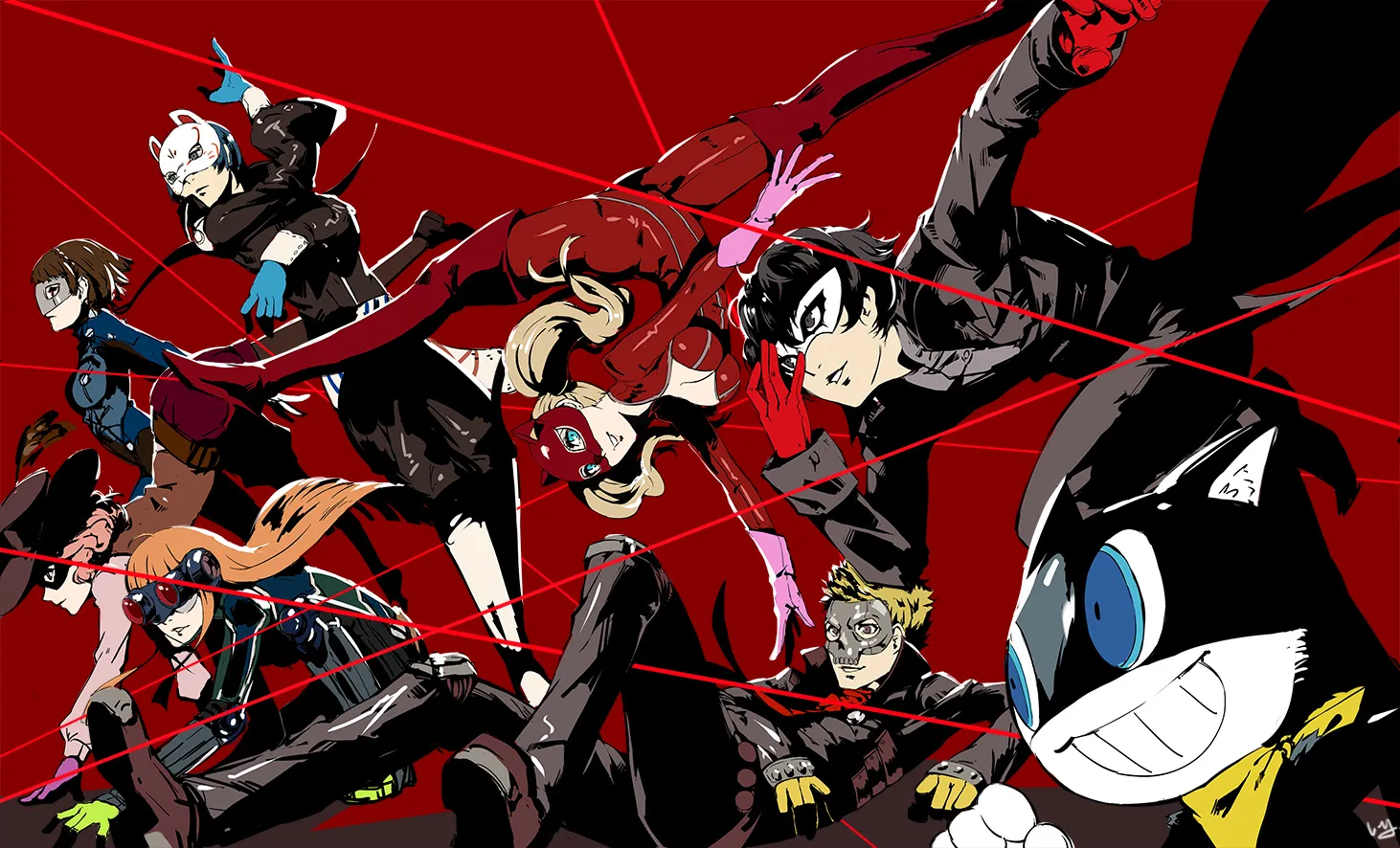
Eager to clamp down on potential story spoilers, Atlus has blocked the Share function on PS4, thereby preventing players from capturing screenshots and/or videos.
"This being a Japanese title with solely a single-playthrough story means Japan is very wary about it. Sharing is currently blocked through the native PS4 UI."
-
DLC Plan Revealed
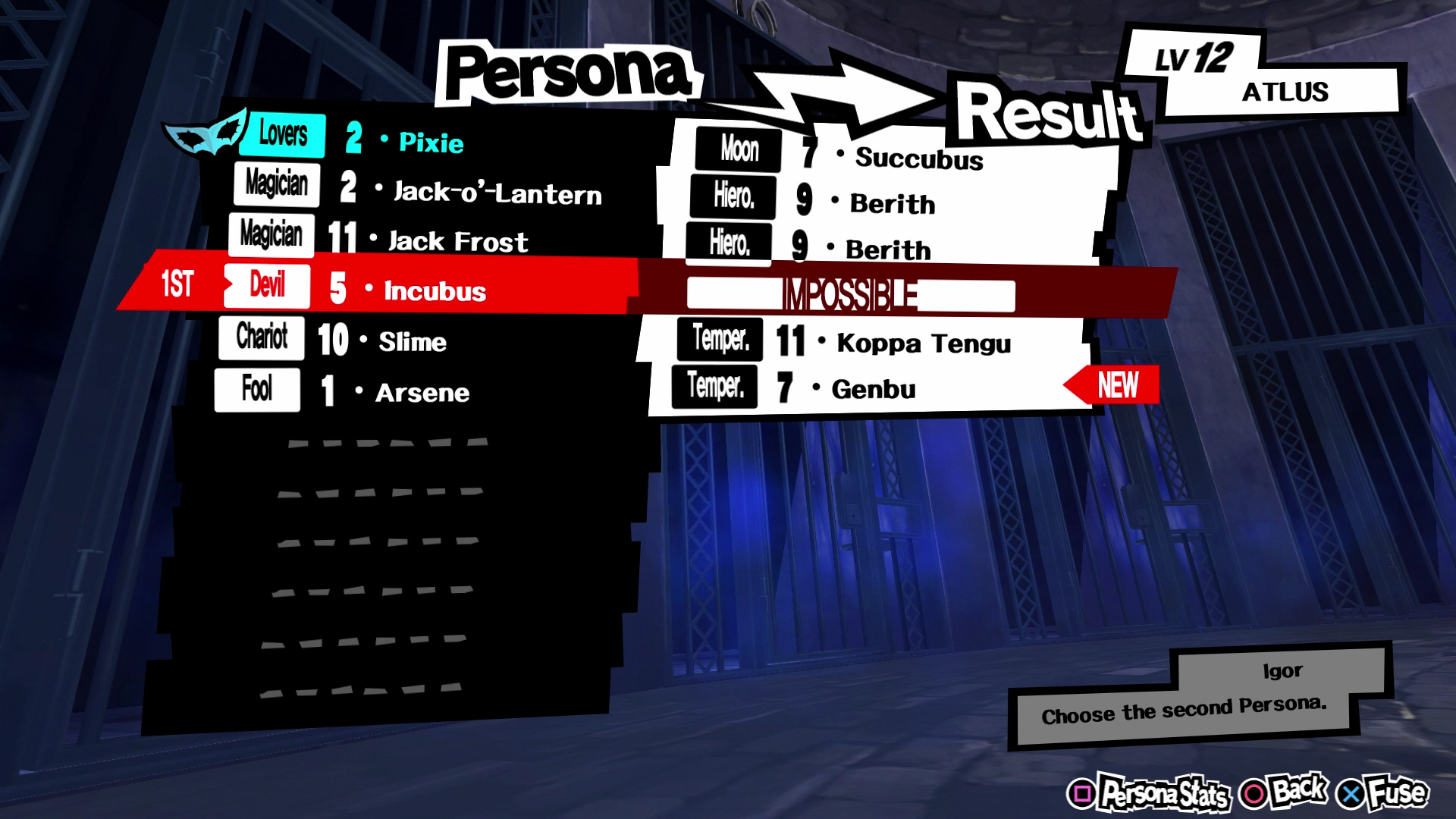
Atlus' extensive DLC plans for both the PS3 and PS4 versions of Persona 5 can be found right here. Expect the first piece of post-launch content to drop on D-day, April 4.
-
A PlayStation Exclusive, Now and Always
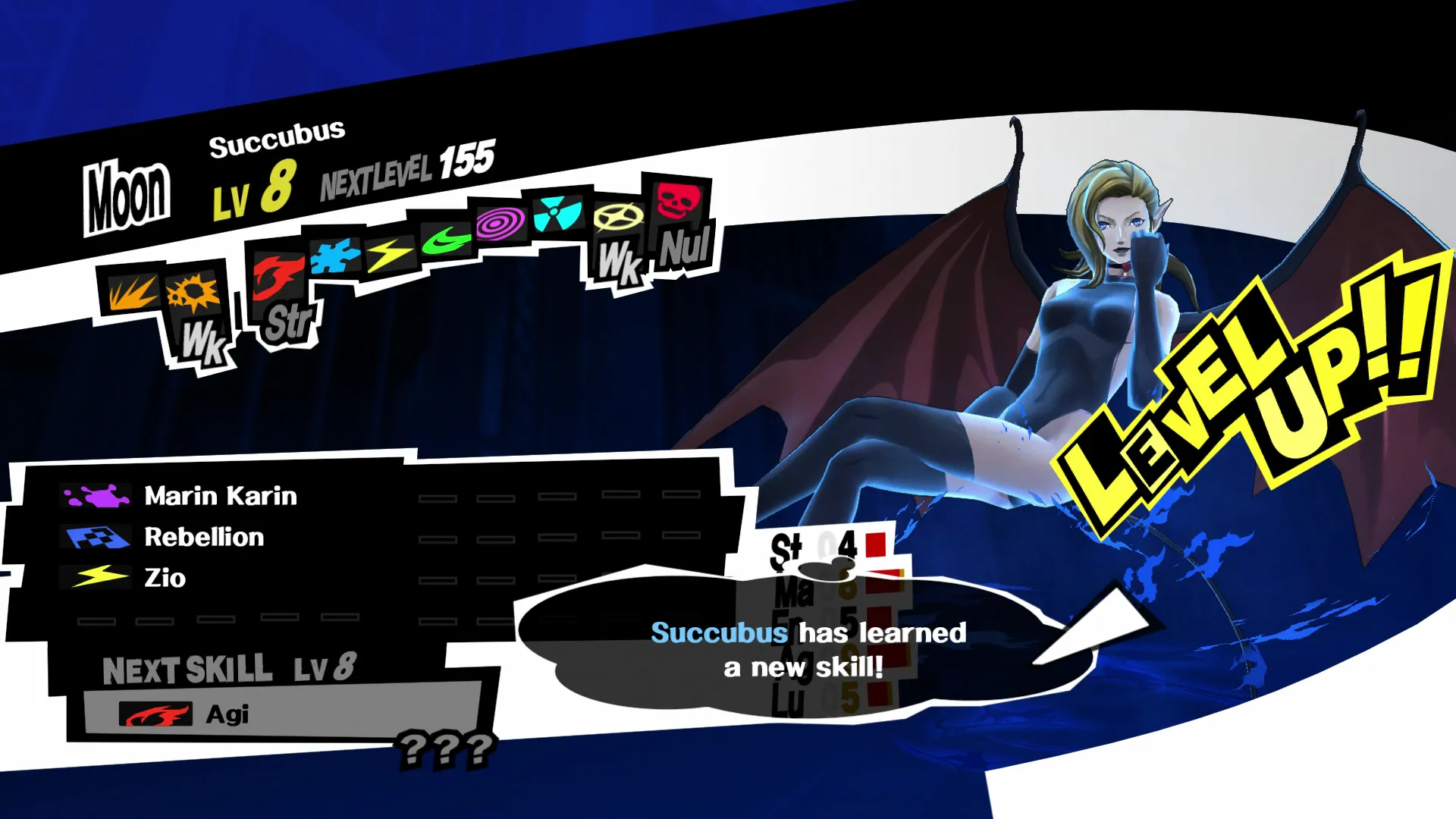
Despite some confusion over the "PS4 Console Exclusive" label, Atlus USA PR Manager John Hardin was quick to clarify that both Persona 5 and Yakuza 0 will remain exclusive to PlayStation platforms.
-
Cancelled Amazon Orders
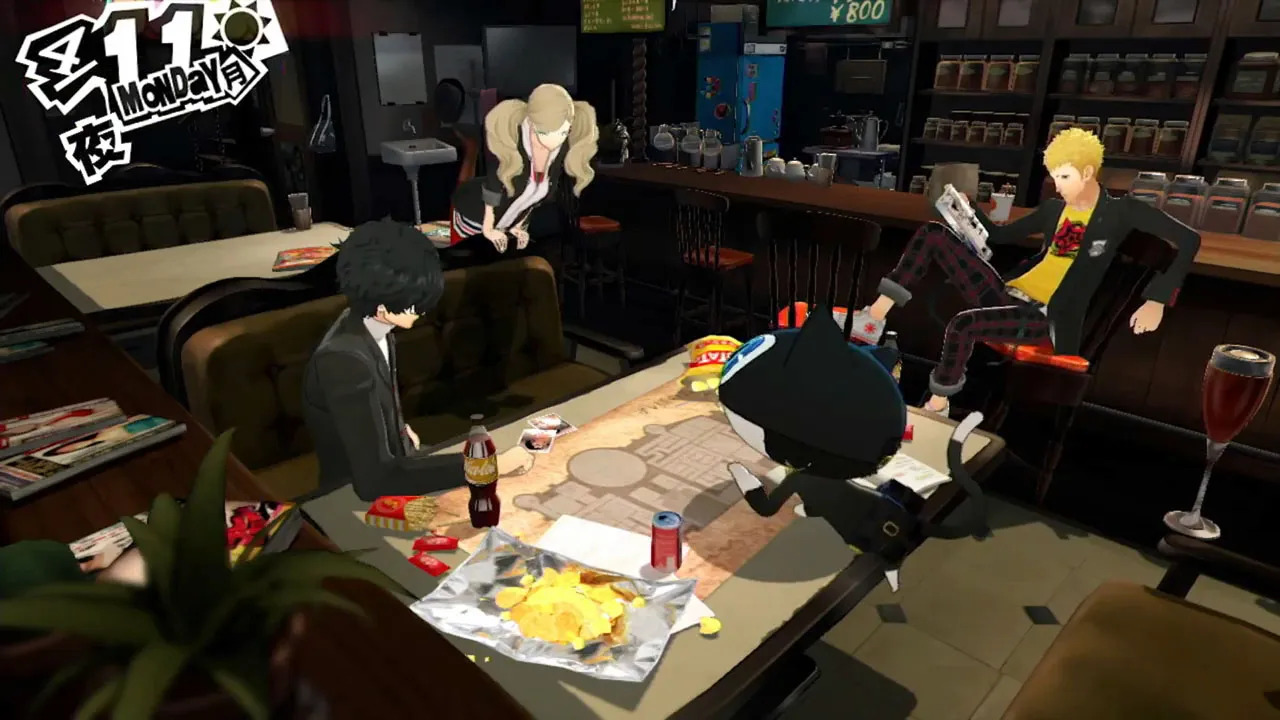
One week out from release, a number of Amazon customers relayed reports that their Take Your Heart Premium edition and SteelBook edition orders were being cancelled. The problem has since been rectified, with those affected receiving a free copy of Persona 5 for their grievance.
A day later, Amazon expressed its surprise over those reports, stating:
"This morning we were surprised to learn about Persona 5 'Take Your Heart' Premium Edition cancellations with Amazon. After waiting patiently during the day we received word, and can confirm to you what we’ve always known, that there’s nothing defective or 'dangerous' about our product. While there have been cancellations, we understand that only a tiny number of Amazon sales have been affected. No 'mass cancellations' of the premium and SteelBook editions have occurred. If your order has been cancelled, please contact the retailer for support."
-
Premium Edition

There's another SKU available for Persona 5, and it's known as the Limited Edition Steelbook version.
-
Take Your Heart Edition

Priced at $89.99, the Take Your Heart edition comes in special packaging decorated with assorted Persona 5 artwork.
Inside you'll find "a 64-page Persona 5 artbook that gives fans a glimpse of the game’s concept art and character design development, a 19-track Persona 5 'Sounds of Rebellion' soundtrack, a Shujin Academy bag, a 4-inch Morgana plush, and the game itself in a steelbook case."
-
Extended Gameplay
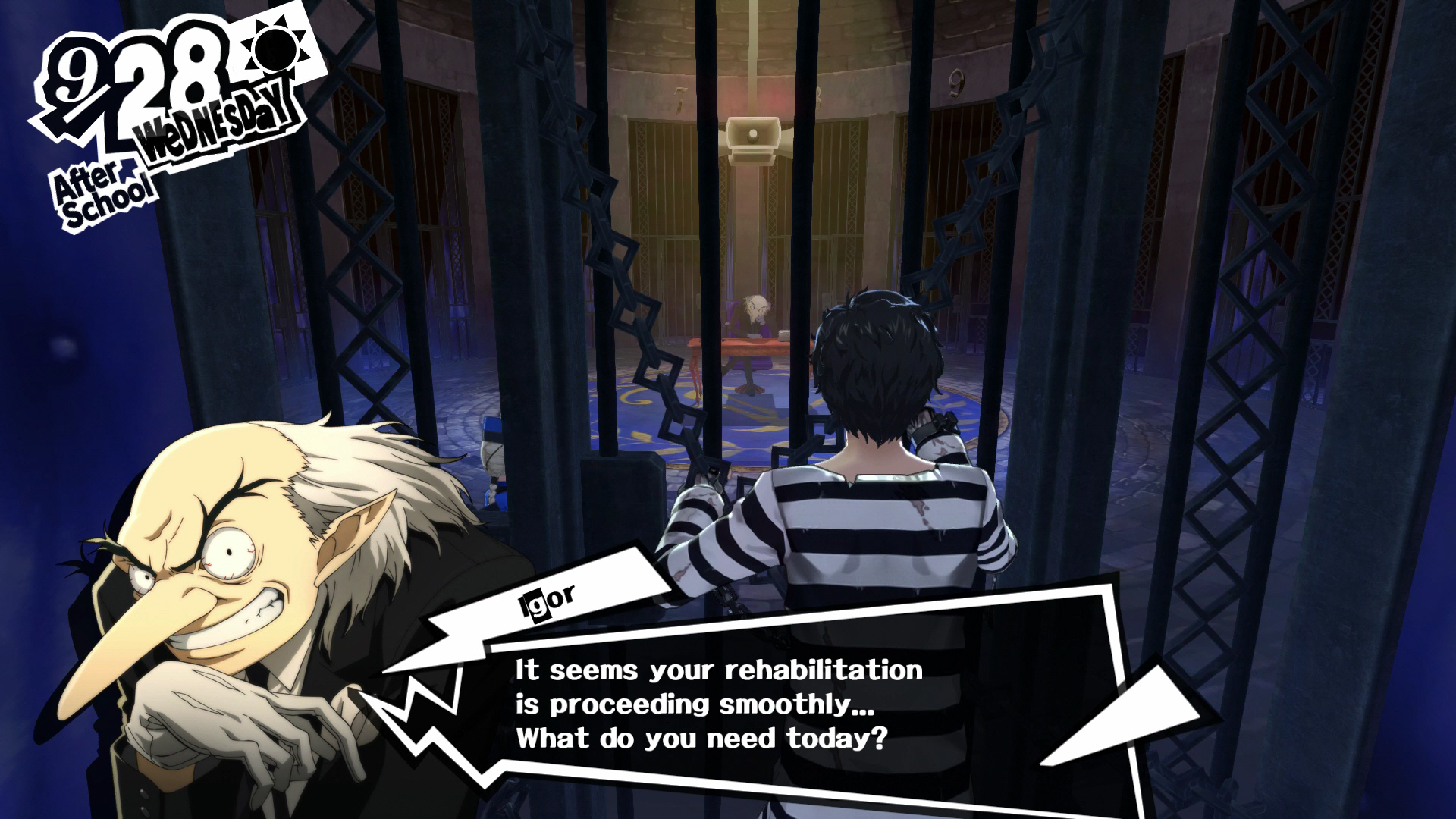
Curious to see Persona 5 in action? Atlus recently hosted a two-hour stream teeming with gameplay footage.
-
Trophy List
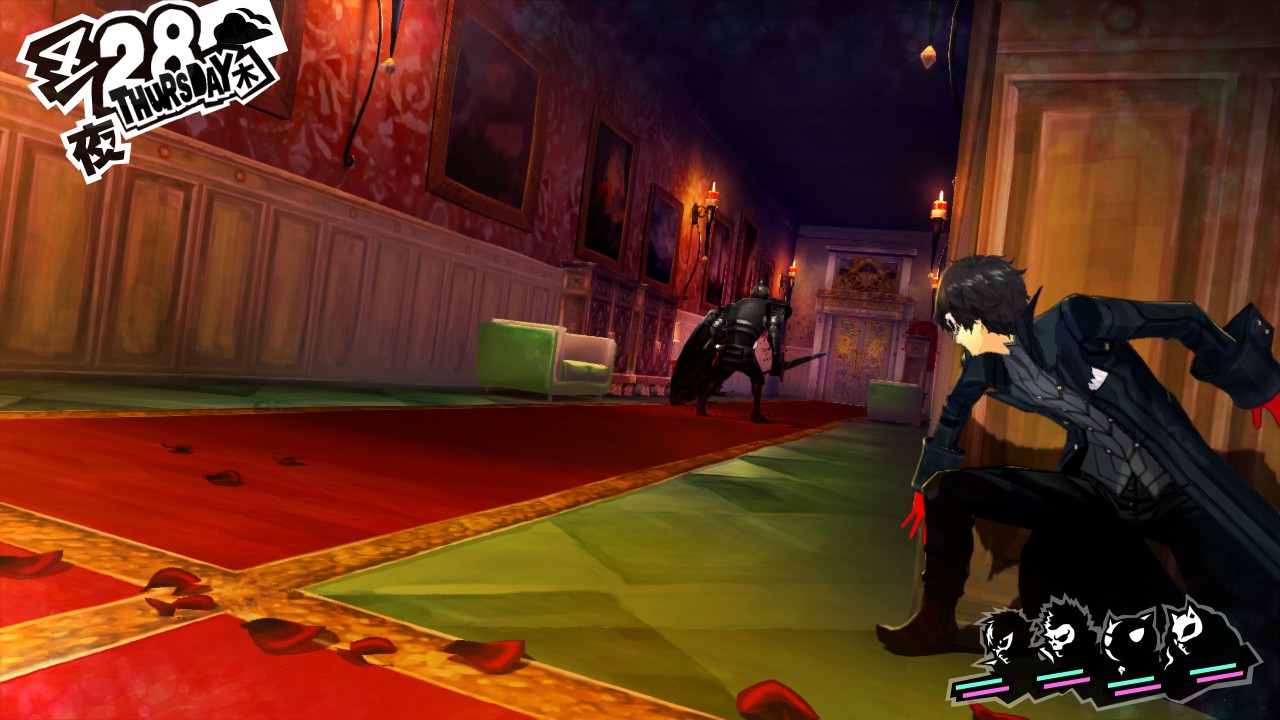
While we wait for the English-language Trophies to pop, PlayStation Trophies has compiled a list of the Persona 5 JP accolades. Be wary of spoilers!
-
Atlus Testing the Water for HD Remakes
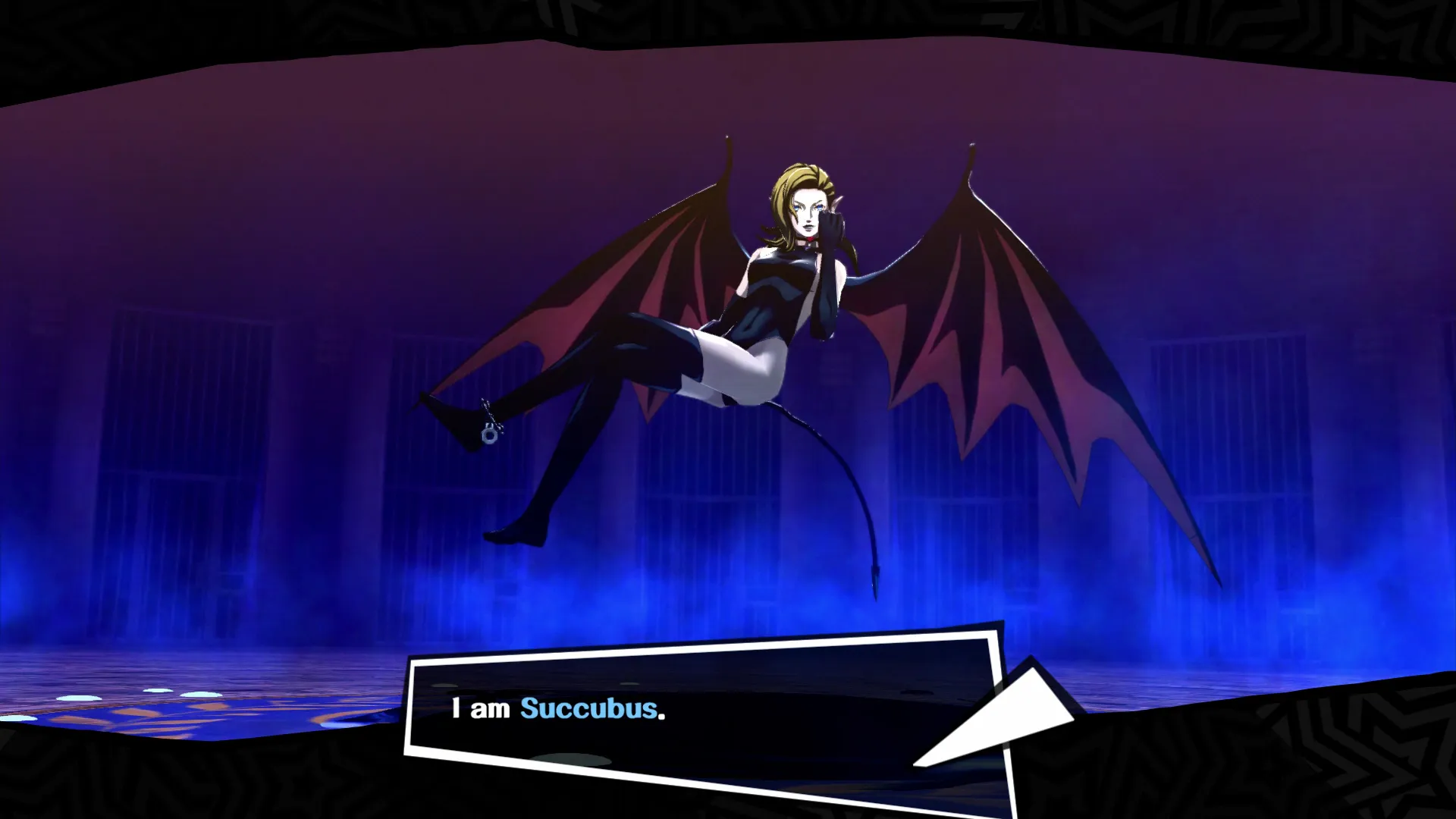
Ahead of Persona 5's launch, Atlus is seemingly testing the water for HD remakes and spinoffs. In its latest survey, the Japanese giant asked fans whether they'd be interested in revisiting older titles in the series.
-
Hands-On Preview
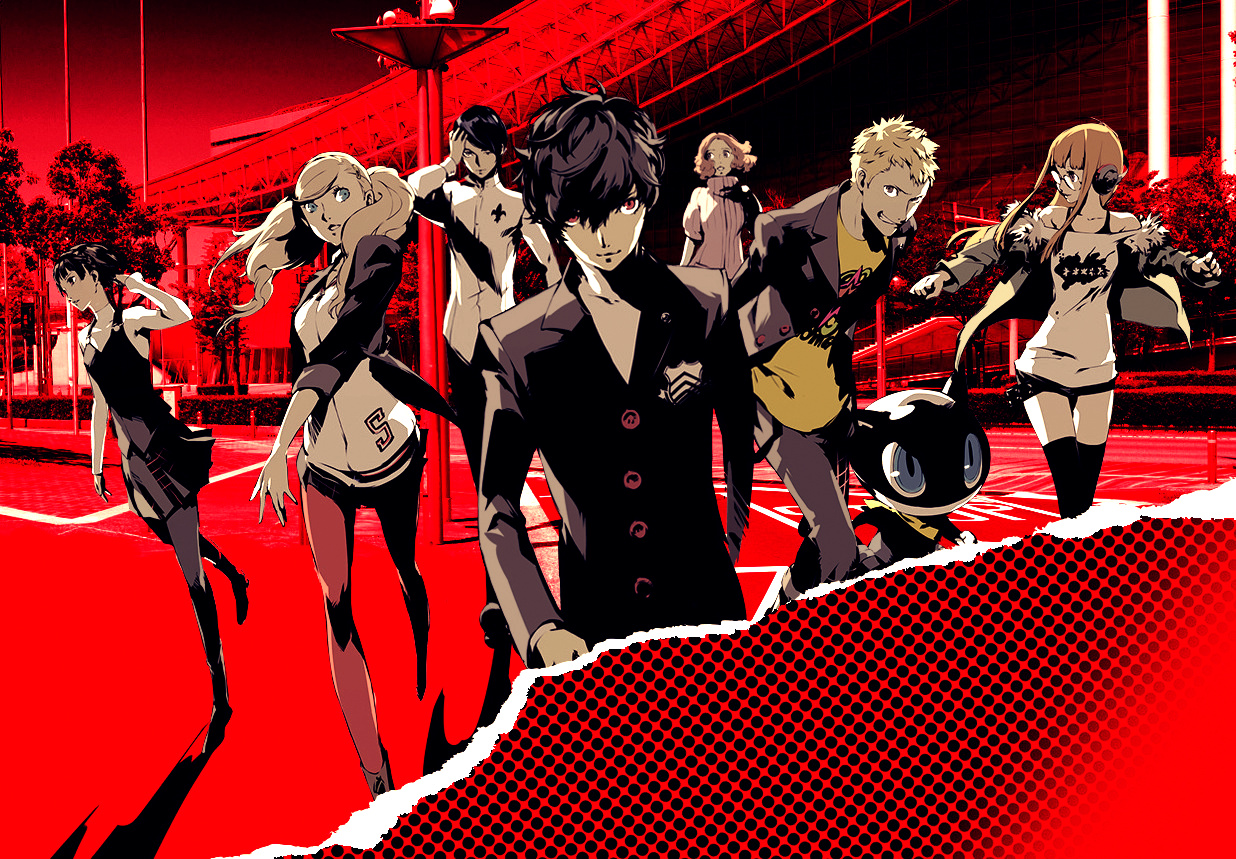
Our own Heath Hindman had the chance to go hands-on with an early build of Persona 5 during TGS 2016, and left largely impressed.
"It felt much like Persona 4; if you played that (or almost any turn-based RPG), you’ll figure things out and be able to get the most out of things. I just wish I had a few hours with which to play around with social links and the Velvet Room and all that. I guess what I’m trying to say is…I want to play Persona 5?"
-
Our Final Verdict

Tyler Treese has enrolled in Shujin Academy on behalf of PlayStation LifeStyle, and his review ought to be live on the site imminently.
